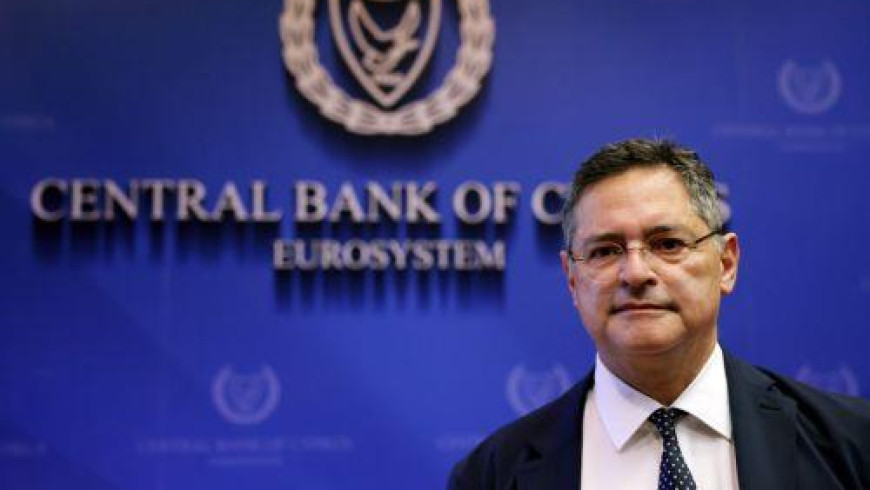
Cyprus Finance Minister, Makis Keravnos, has sent letters to the Association of Cyprus Banks and the Credit Acquiring Companies / Credit Servicers Association asking for measures that will help contain rising interest rates for performing loans of up to €350.000.
In a letter to the Director General of the Association of Cyprus Banks, dated April 11, Keravnos noted that the Finance Ministry recognises the important role that the banking sector plays for the economy and the society and that the Ministry is in favour of maintaining and safeguarding the soundness of Cyprus' bank sector.
He added that all European countries as Cyprus face a serious problem due to inflation and consequently the continuous increase of interest rates by the European Central Bank, adding that due to these developments serious financial problems are created mainly for the middle class and especially for those who borrow to build or buy their first home, something that concerns mostly young couples.
Keravnos said that the Ministry considers that at this economic juncture banks could absorb to an extent part of the increase of borrowing interest rates, compared to July 2022, with almost a bare minimum impact on them.
The Minister explained that this should concern only performing housing loans that were taken in order to build or buy the first home, of up to €350,000 in current market prices and for which a floating rate applies.
He furthermore noted that the positive response of the banks to this issue will relieve a number of households and will maintain to a significant level the quality of the banks' portfolio.
In his letter to the Director General of the Credit Acquiring Companies / Credit Servicers Association, dated April 13, the Finance Minister said that the continuous increase of the basic interest rates has led to a significant increase of most floating lending rates, something that causes concerns as regards the economic resilience and reliability of the borrowers, adding that this will possibly result in the worsening of the financial condition of households.
"I consider that you should examine the introduction of schemes with the aim of maintaining interest rates where they are now or returning interests for performing loans using the first home as a collateral worth up to €350,000," he added.
Keravnos noted that such schemes would have no real cost for the Credit Acquiring Companies, that will just have temporarily reduced income and profits, adding that borrowers will in this way be facilitated to continue paying for their loans.














 3287.99
3287.99 1275.09
1275.09
